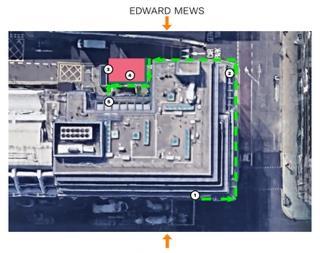Recurring newspaper headlines relating to the housing shortage make for nervous reading both for central and local government politicians.

The availability of suitable housing is considered a vital component of a progressive and vibrant economy. The Guardian recently revealed that the nine biggest housebuilders are sitting on enough land to build 615,152 homes. Council leaders have called for council tax to be charged on unbuilt developments as soon as the original planning permission expires, in order to prevent delays.
All this because the availability of a ready supply of housing is considered critical to support essential services, not to mention the feel-good factor that underpins a successful market economy. Until recently, the planning process was regularly blamed for the delay in delivering housing. The time taken by local authorities to make decisions was criticised, and the argument that section 106 agreements took too long to negotiate led to the introduction of the Community Infrastructure Levy. Change after change has, if nothing else, laid rest to the criticism that it takes too long to obtain permission.
One would have thought that greater numbers of planning permissions being issued would have made some significant inroads into the housing shortage, but that has not been the case. Many reasons underpin this curious outcome. The latest suggestion of taxing planning permissions has been raised in the past and was the reason for the reduction in the general default time period for implementation of planning permission from five years to three years. What appears to be missing from the debate around why greater numbers of houses are not being built is a discussion about profits and profit margins.
Housing delivery in this country operates largely within an open-market economy and as such it would not be contentious to suggest that it is profits and profit margins that determine the numbers of houses being built.
Surely the answer is either to encourage new sizeable competitors to join the market or simply to incentivise the larger housebuilders to deliver more houses, and therefore consider a mechanism whereby they achieve greater margins/profits the bigger the scale of the scheme.
Jay Das is head of planning at Wedlake Bell






























No comments yet